Feeding San Diego brings nourishing food and inspiration to Monarch School
It’s hard to believe that schools in San Diego have been closed for a year now, replaced with distance learning. A large part of Feeding San Diego’s food distribution network is schools. We provide nutritious, healthy food to low-income students and their families. One particular school that has been faced with an unimaginable situation is Monarch School. Monarch School is a public school serving homeless students grades K-12 who live in San Diego County. For Monarch’s students, the closure has been a heavy burden.
“For our students, when they come to school, this is frequently the only measure of stability that they have in their lives,” said Afira DeVries, CEO of Monarch School. “It becomes our responsibility to be a barrier removal support service for them. One of the ways to do that is to make sure when they come here they have access to a nourishing meal.”
To support its students even while the school remains closed, DeVries and school leadership established an onsite distribution. This made it possible for families to campus a few days out of the month to access a selection of food. This can help to nourish them for a consistent period of time. These distributions started about a year ago, at the onset of the pandemic. However, the school initially wasn’t able to provide as much food and was focusing more on hygiene items and transportation vouchers. Thanks to a new partnership with Feeding San Diego, the school is now able to set up a farmer’s market-style distribution with plenty of food items to offer families.
“This is an example of what happens when organizations start to work together to provide resources to support a community,” DeVries says. “That’s why these distributions are so important. Not just because they provide practical support, but because they provide an ongoing emotional relationship and some connectivity.”
What makes this distribution unique to Monarch School is when families come, they are offered a socially distant and safe way to interact with teachers. Families are able to pick up school materials, personal hygiene supplies, and visit with case managers, or mental health clinicians to get access to other support. They’ve built a well-rounded resource that happens three times per month and has become a thoughtful way to support families.
“Our job is to help kids believe in their own potential to the degree that they understand that they don’t have to stay in the circumstance they are in forever,” DeVries shares. “In order to do that, you’ve got to inspire them. They need the community to wrap around them.”
You can read more about our Feeding Kids programs here.








